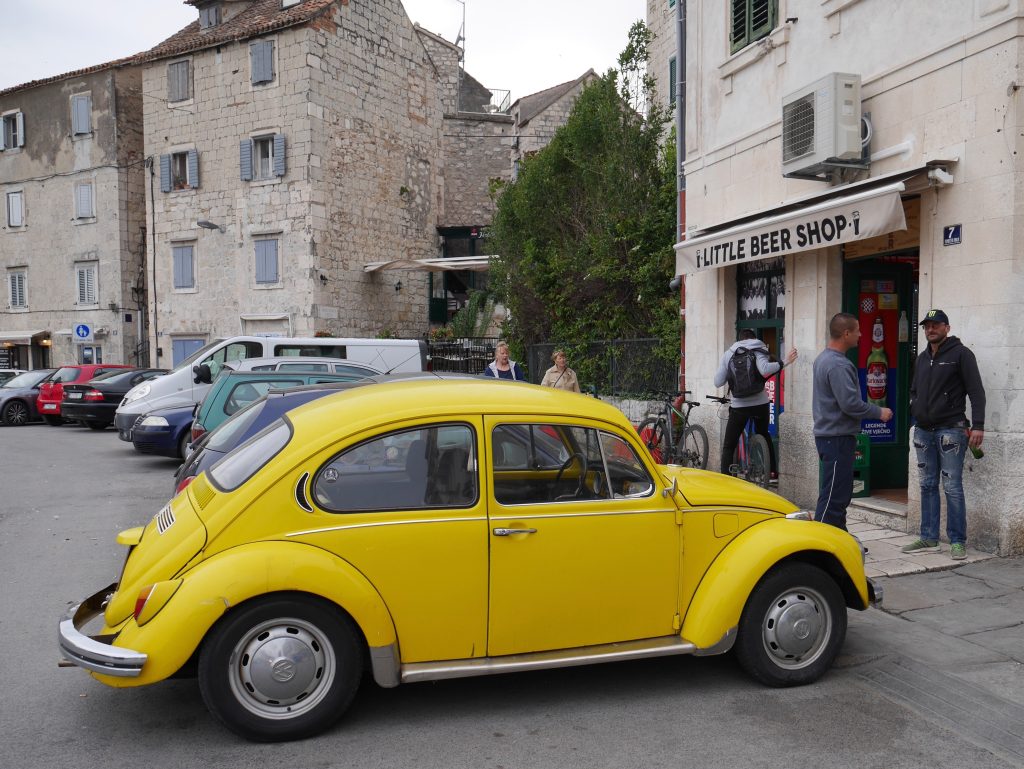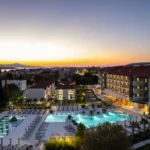August the 16th, 2023 – The Croatian trade sector is planning to circumvent the deeply unpopular recently introduced Sunday working ban. Many have weighed in on fair days, the constitutional court and so on.
As Poslovni Dnevnik write, we’re now around a month and a half from the start of the implementation of legal provisions banning shops from working on Sundays and holidays, with the exception of sixteen of them per year. Unhappy with the move, some leaders of cities and municipalities have figured out how to circumvent these provisions, reports HRT. Fair days are one way of the Croatian trade sector getting around the law, which in this case, many deem to be an ass.
Split was the first to give it the finger
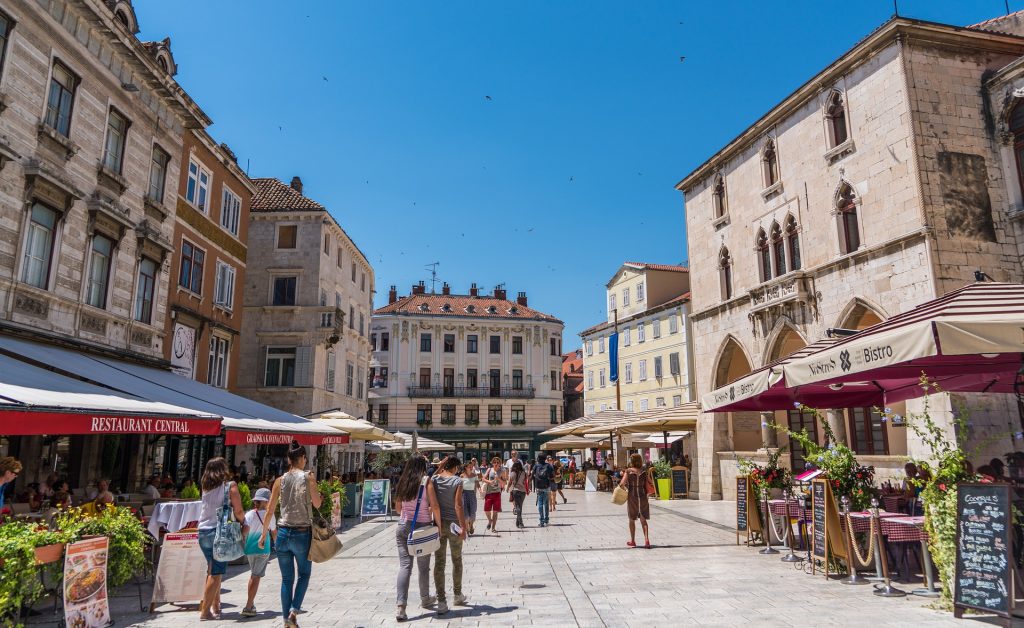
The City of Split was the first to enable the Croatian trade sector to conduct occasional sales at kiosks, stands and elsewhere outdoors. The president of the Trade Union of Croatia, Zlatica Štulić, and the vice-president of the Croatian Employers’ Association (HUP), Mirko Budimir, commented on this move. They said that they didn’t expect people to take such a step, and the representative of the trade union added that it’s important to respect the existing regulations.
“We’ll see how this is all going to end up working. There are rules about what fairs are considered to be and where and how they’re supposed to be organised. They’re actually just open markets if I understood it correctly. These are open-air sales, markets, kiosks and stands. The Trade Administration of MIGNOR should make an announcement about this. If it’s all being done in accordance with the regulations and how it’s stated in the law, special sales can be made during fairs,” said Štulić.
“We didn’t foresee mayors taking such a step, to be honest. We warned when passing the law that it has too many exceptions and that a chaotic situation will end up arising on the market. We can’t save our trade sector like this, an amendment to this law must be seriously approached, that is, the Constitutional Court should do this as quickly as possible and declare the law invalid,” added Budimir.
Do tourists visiting Croatia mind things being closed on Sundays?
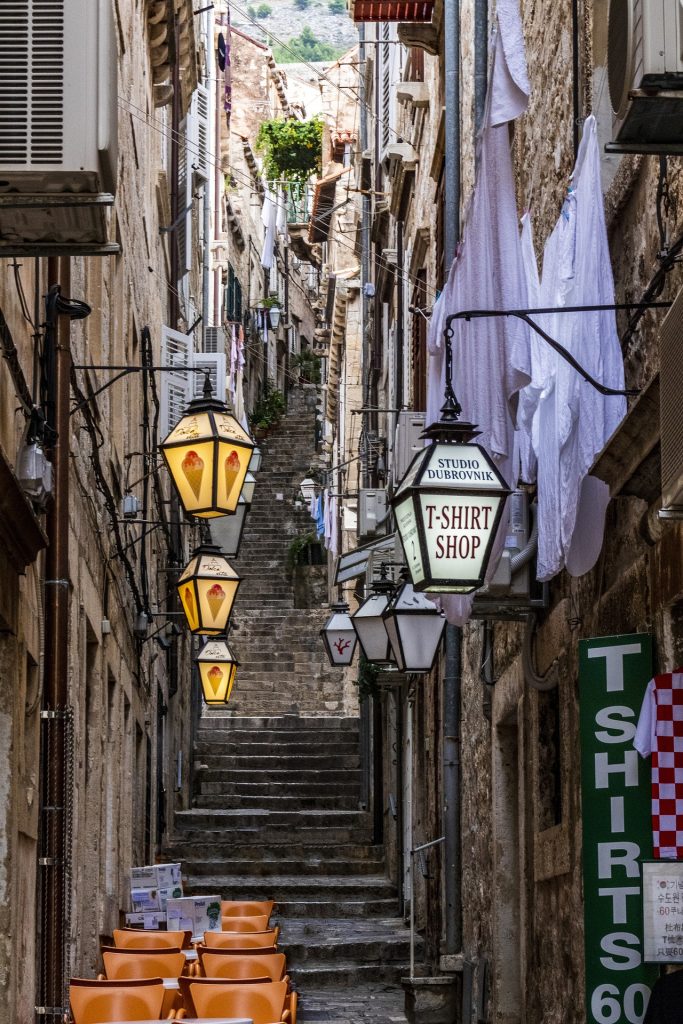
When asked how clear the law is, Štulić said that it isn’t clear how “opportunity sales” can be equated with “regular sales”, but that tourists are being regularly notified.
“Leaflets are being distributed, so people know when traders are working and there are no problems. There’s been a lot of talk about tourism, we haven’t seen any complaints from a single tourist who is angry that the shops are closed on Sundays. They have a lot of complaints, but none of them were focused on the opening hours of stores. Their remarks go more in the other direction,” she asserted.
The vice-president of HUP disagreed with the observation that tourists are well informed, believing that tourists “have objections” to the restrictions now placed on the Croatian trade sector.
“People who live here can see how tourists have objections that we’re closing our shop doors a lot. Stores aren’t working and as such, people can’t shop for what they need. For a tourist country like Croatia, this isn’t good. We warned all along that something like this would happen. The unions had their own interpretation of all that and now we have what we have,” said Budimir.
“The fact is that large trading companies informed their customers with leaflets, on social media or on their doors, but that isn’t enough. That’s because when those sixteen Sundays on which they’re allowed to be open pass, the damage works like a domino effect from the owner to the buyer to VAT,” Budimir explained.
Exceptions and a lack of clarity for the Croatian trade sector
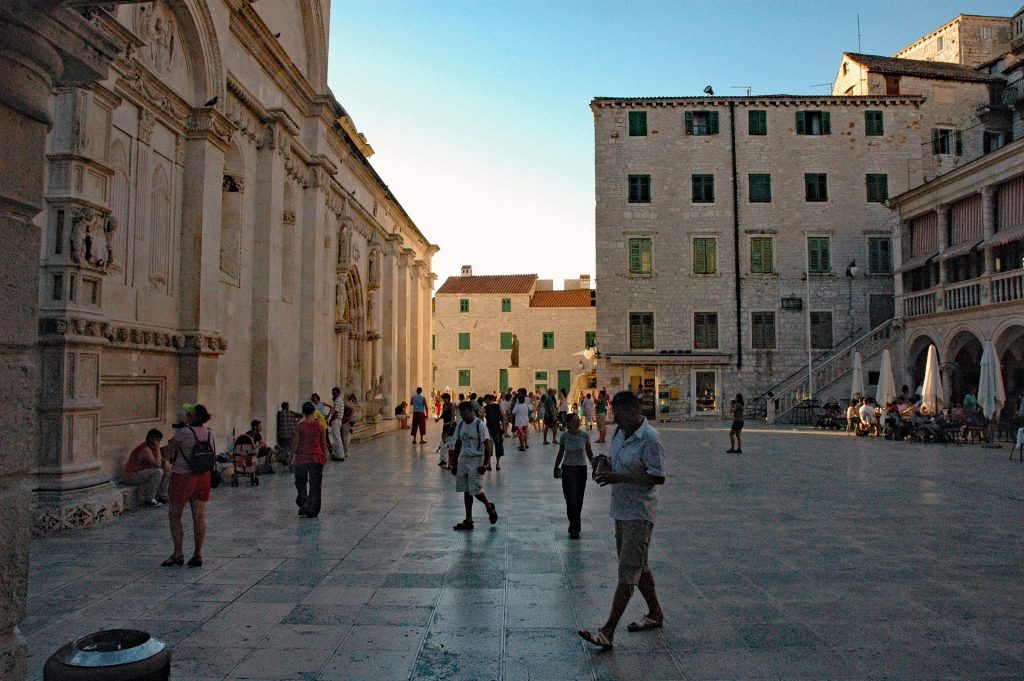
They also commented on (dis)satisfaction among both workers and employers in the Croatian trade sector alike. The president of the union said that many people were relieved because “they can now spend their time as other people [not employed within the Croatian trade sector] get to spend their time”.
“The workers are satisfied with this regulation and that they can be with their families and spend their days as other people get spend their days on Sundays,” said the president of the Croatian Trade Union. On the other hand, Budimir said that the law is unfair not only to employers, but also to “those employees who want to work and who want to earn more”.
“From the position of an employer, I can say that there are definitely employees who are less than satisfied with the fact that they can’t earn anything extra because it’s known that on Sundays and holiday, you’re paid 50% more. There were employers who didn’t respect that rule, but that’s why the legislator passed such a law that 50% must be paid and there are plenty of workers who would like to have the choice of whether they want to do that or not. When it comes to the law, I’d say that it’s also discriminatory towards the employees themselves,” added the vice president of HUP.
the Constitutional Court needs to be consulted
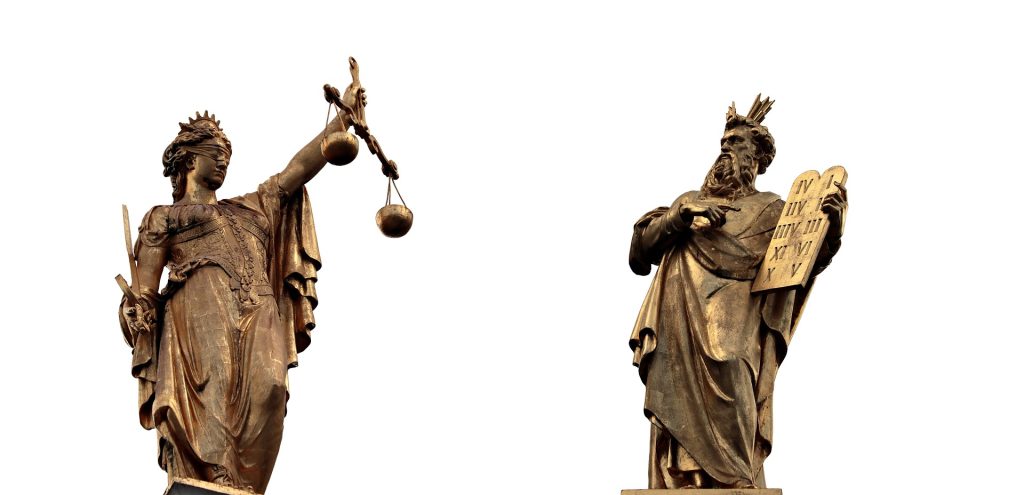
Budimir revealed that there’s been a “declining trend in the number of fiscalised receipts issued”, adding that there will “certainly be a drop in traffic” owing to the government restrictions placed on the Croatian trade sector, which the powers that be have been trying to push for years now.
“It’s difficult to say how much of a drop there’ll end up being. We have a trend, and it’s such that the number of fiscalised bills being issued is decreasing. By the end of the year, we’ll have a decline, how much that will be remains to be seen, but yes, there will certainly be a decline,” warned Budimir.
The president of the union said that the court’s decision must be respected and mentioned a similar situation in neighbouring Slovenia, where this law was also passed.
“We’re waiting for the decision of the Constitutional Court, it must be respected, and things will be as the court decides. I wouldn’t want to speculate. I’d like to mention that our Slovenian neighbours passed the same law and it all went through, we’re very similar in terms of our regulations,” said Štulić.
The Vice-President of the HUP presented the arguments under which the lawsuit will be sent to the Constitutional Court.
“We’ll argue our position being that the law is full of exceptions, that it’s unfair on the part of business owners, that it does not stimulate the market, and that it harms the employer, the market and the employee”, concluded Budimir.
Fair days have been declared, with no fairs to be seen…

Fair days have been announced, but there’s no fair to be seen, unless you count the likes of Split’s Pazar.
“People have to work, because it’s a short season, there are days when you can’t work because of the weather conditions, and then when the season is short, you have to save something for the whole year and that’s how it goes,” said merchant Božidar Paličić.
Ivica Puljak: We’re going to correct the absurd decisions made by the government
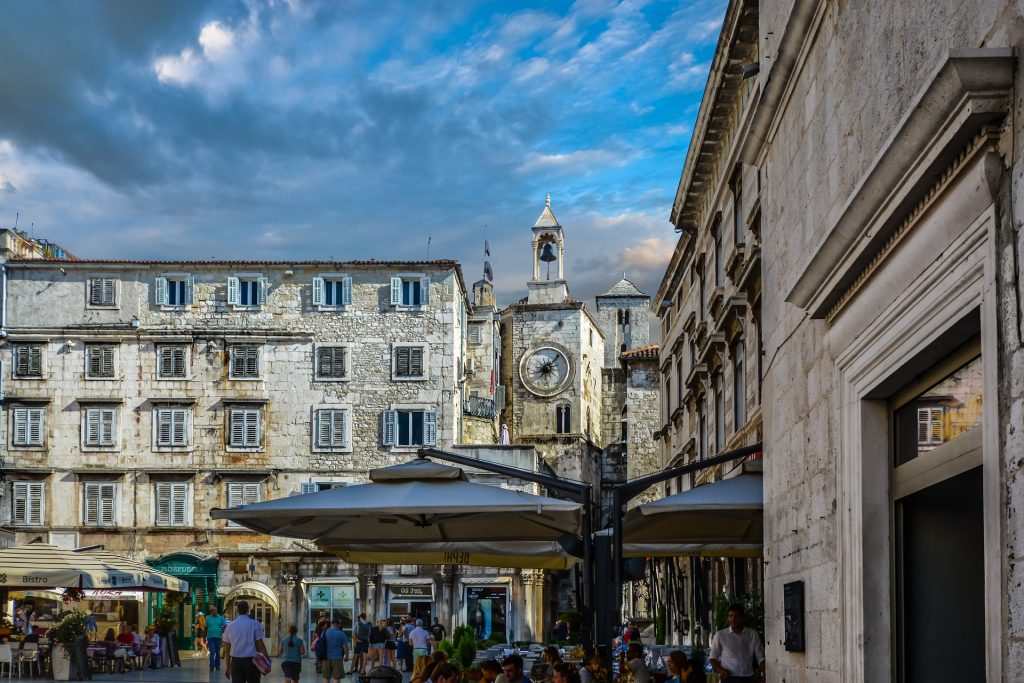
The mayor of Split was among the first and most vocal in wanting to scrap this totally illogical decision of the powers that be, in addition to the feast of the Assumption, Piljak declared all Sundays in August and September as fair days.
“We will continue to correct this absurd decision being the government every single time we have the opportunity to do so,” said Ivica Puljak.
many so-called fair days are popping up all over Croatia
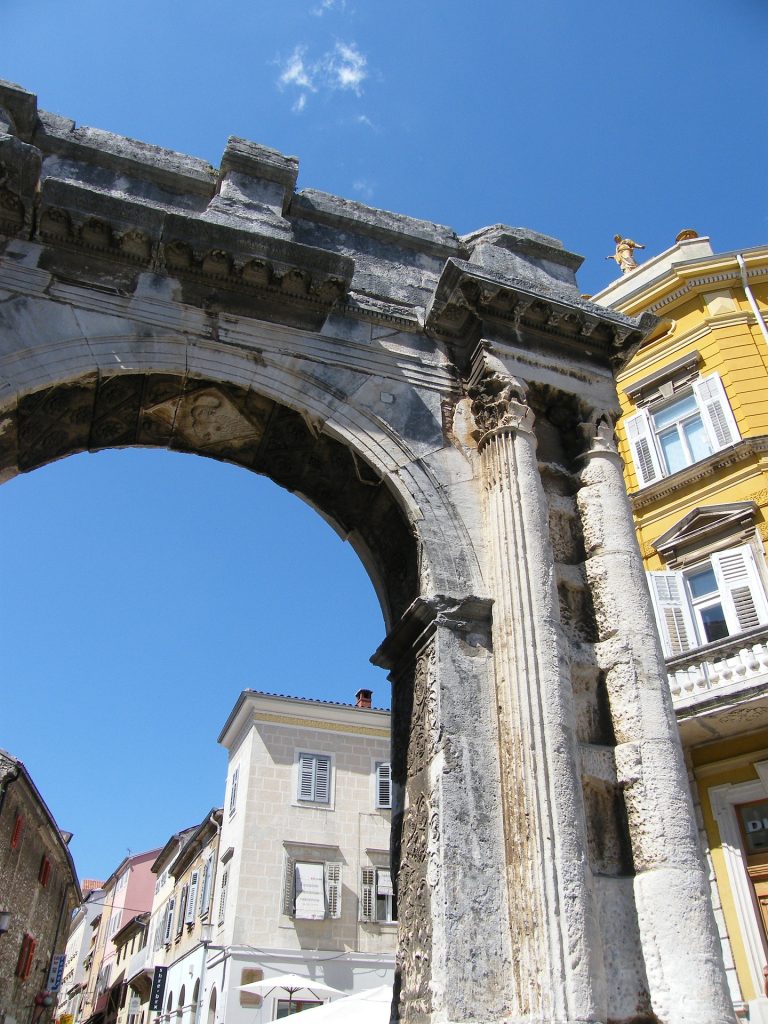
The independent mayors of Hvar and Stari Grad, as well as the SDP mayors from Jesla on Hvar and Supetar on Brač, not to mention the independents from Sutivan and Bol, respectively, all declared August the 15th a fair day. This was also done by the independent mayors of Podgora on the Makarska Riviera and Baška on Krk, the SDP mayor of Umag and the IDS mayor from Labin, just like the independents from Pula, all did the same.
“I think that the decision was well made and my opinion is that in Pula, the shops should work normally during the summer season for these two to three months, and then we’ll sit back and relax a bit,” said Pula-based merchant Pajo Pajić.
HDZ controlled areas also gave the law the finger and announced fair days
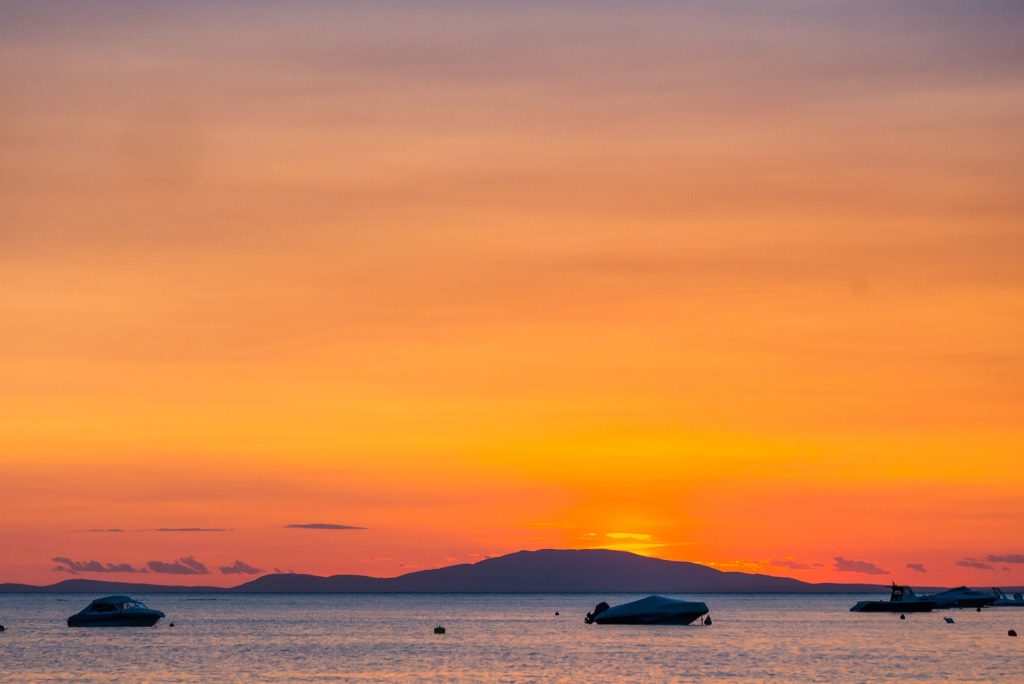
The Fokus party also announced that the cities and municipalities they govern over were to declare their own fair days yesterday. These locations include Samobor, Pirovac, Sveta Nedelja, Dugo Selo and Sveti Ivan Zelina. Areas in which HDZ is in power, such as Novalja on the island of Pag, Crikvenica and even Marija Bistrica decided to circumvent the controversial Sunday working ban introduced by their own party, as well.

